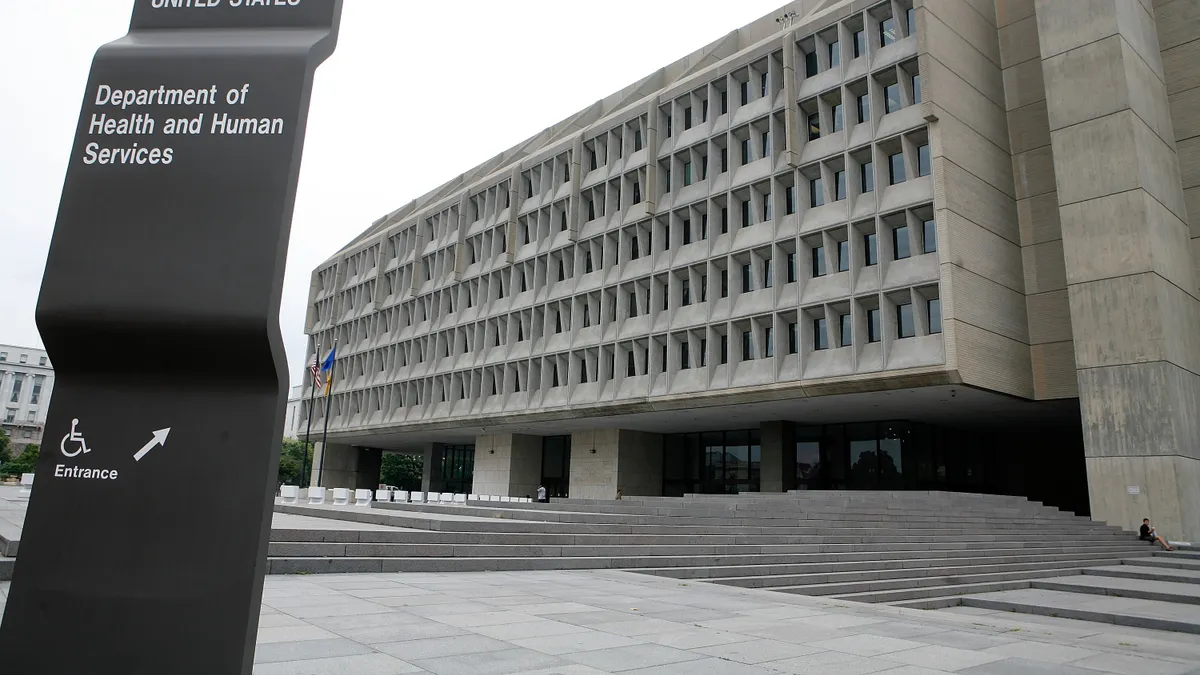Dive Brief:
-
Multiple medical device and digital health companies including Baxter have called for FDA to continue requiring 510(k) premarket notifications for their products in a collection of public comments to proposed regulatory changes.
-
HHS proposed exempting 84 types of Class II devices from the requirements after reviewing adverse event data from before and after it relaxed the rules in response to COVID-19. Given the apparent safety of the products, FDA thinks 510(k) rules may create unnecessary barriers to market entry.
-
The proposal received pushback from companies that could face increased competition under the revised rules, including Baxter. Roche is a rare example of a company that backed the changes, arguing the money saved from taking a lighter touch to the regulation of digital pathology devices could be used to better oversee higher-risk products.
Dive Insight:
In making the case for change, HHS quoted survey data on the cost and timelines of the 510(k) pathway. Respondents said bringing low-to-moderate risk 510(k) devices to market costs around $31 million, $24 million of which is spent on activities related to FDA. The average wait from first filing to clearance at the time of the survey was 10 months.
"These costs are barriers to new market entrants,” HHS wrote. “To the extent imposing the section 510(k) premarket notification on a device does not create corresponding safety and efficacy benefits for Americans, those barriers are unjustified."
Many companies with products on the market want the barriers to new entrants to stay in place.
HHS proposed exempting "Infusion Safety Management Software" from 510(k) requirements as it is only associated with seven adverse events in the MAUDE database since 2010. One of the adverse events happened after FDA waived notification requirements in response to COVID-19. None of the events related to deaths or injuries.
HHS proposed permanently exempting the software from 510(k) requirements given its safety record. However, Baxter, which makes infusion pumps that feature such software, argued for the continued application of the 510(k) rules due to the role of software defects in adverse events that occurred between 2005 and 2009 and product recalls in the final quarter of 2020.
The Medical Imaging & Technology Alliance (MITA) argued against the exempting of multiple CT and X-ray products from 510(k) requirements. MITA said the “policies and processes outlined in this notice may erode the public’s confidence in the safety and efficacy of the devices in question” and raised concerns about the use of MAUDE to support decisions.
HHS received the strongest pushback from the digital health industry.
AliveCor said relaxing the rules on electrocardiogram software for over-the-counter use "would pose an ongoing and undue safety risk to consumers."
Similarly, Pear Therapeutics said the planned action is "unfounded and, at a minimum, premature," adding that the proposal "was issued in a haphazard manner in a last-minute attempt by a departing administration to deregulate 85 classes of medical devices in a wholesale manner" and "endangers public health." Pear wants HHS to withdraw the proposal.
The Trump administration proposed the changes. It's unclear where the Biden administration comes down.
Both AliveCor and Pear brought products to market under the current regulatory framework and could face competition under the proposal.
Roche is a rare supporter of the plan, at least as it applies to four classes of digital pathology-related devices. The Swiss company applauded plans to end 501(k) requirements for the devices. Roche said the changes could "free up much needed FDA resources" to focus on premarket reviews of products such as "innovative digital pathology algorithms."










